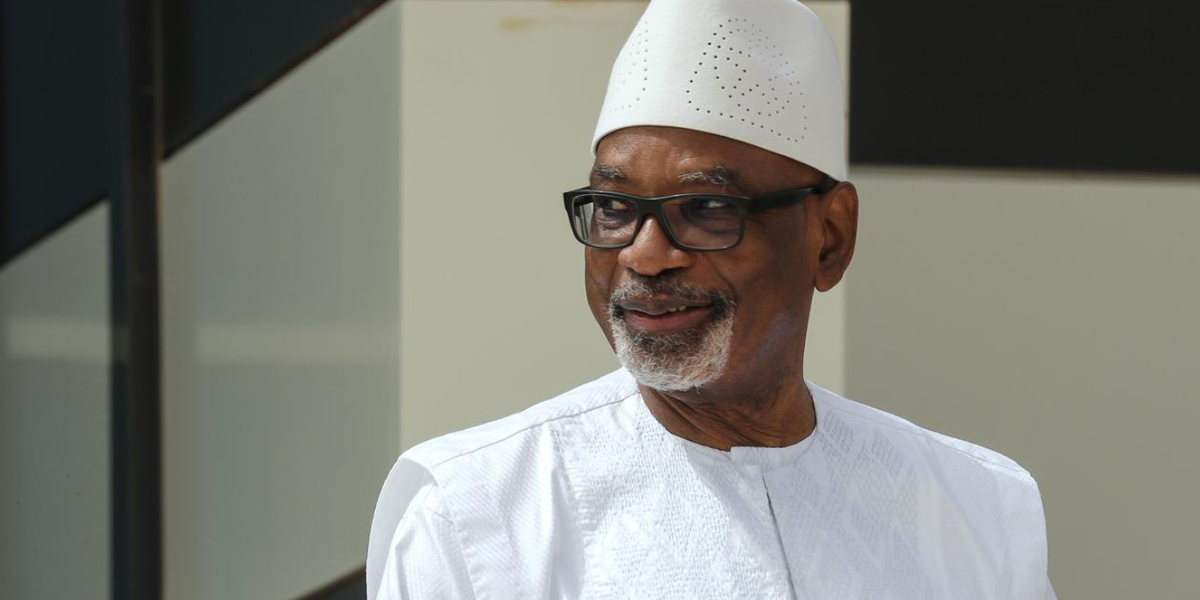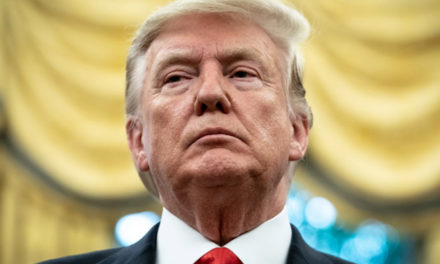In a shocking turn of events, Mali’s President Ibrahim Boubacar Keita addressed the nation on television on Tuesday 18th to announce his resignation.
The announcement comes shortly after Keita and Prime Minister Boubou Cisse were arrested in a coup following months of anti-government protests.
“For seven years I have with great joy and happiness tried to put this country back on its feet,” Keita said. “If today some people from the armed forces have decided to end it by their intervention, do I have a choice? I should submit to it because I don’t want any blood to be shed.”
During the televised segment, Keita also revealed that the country’s national assembly and government would be dissolved.
The military leaders responsible for the coup, known as the National Committee for the Salvation of People (CSNP) also addressed the nation. Along with promising a political transition, the CNSP stated that they would ensure elections within a reasonable timeframe and a national curfew.
“Civil society and socio-political movements are invited to join us in order, together, to create the best conditions for a civil political transition leading to credible regional elections for the democratic exercise, through a roadmap that will lay the foundations for a new Mali,” said Colonel Major Ismael Wague, a spokesperson for the CNSP.
Brewing Unrest
The events that occurred on Tuesday stem from a long list of grievances towards the ruling party that have escalated in recent months.
Earlier this year, frictions arose due to a disputed election that prompted thousands to take to the streets to demand President Keita’s resignation. After Mali’s constitutional court confirmed the parliamentary election results, anger and frustration began to surge in the country.
However, discontent was already running rife by then due to allegations of government corruption along with a dire economic situation. With rising unemployment rates, and nearly half the country’s population of 19 million under 18, and 42.7% in extreme poverty, many were hoping for change in the March elections. Instead, the leading opposition was kidnapped three days prior to the elections and Keita was reinstated once more – for the seventh year.
Even with all these challenges, Mali – like many other nations in the region – is also witnessing the growing presence of Islamist groups.
International Reaction
The last few days have seen the international community condemn the coup, believing that the latest events will only further destabilise the country.
“The European Union condemns the coup attempt underway in Mali and rejects any unconstitutional change,” EU High Representative for Foreign Affairs Josep Borrell said in a statement.
- This Artist is Making the Underwater Arena His Canvas - 28th April 2021
- A Video Game that Promotes Peace and Conflict Resolution - 15th March 2021
- Netflix’s ‘Living Undocumented’ is a Difficult Series to Watch, and Exactly Why We Should - 9th March 2021






